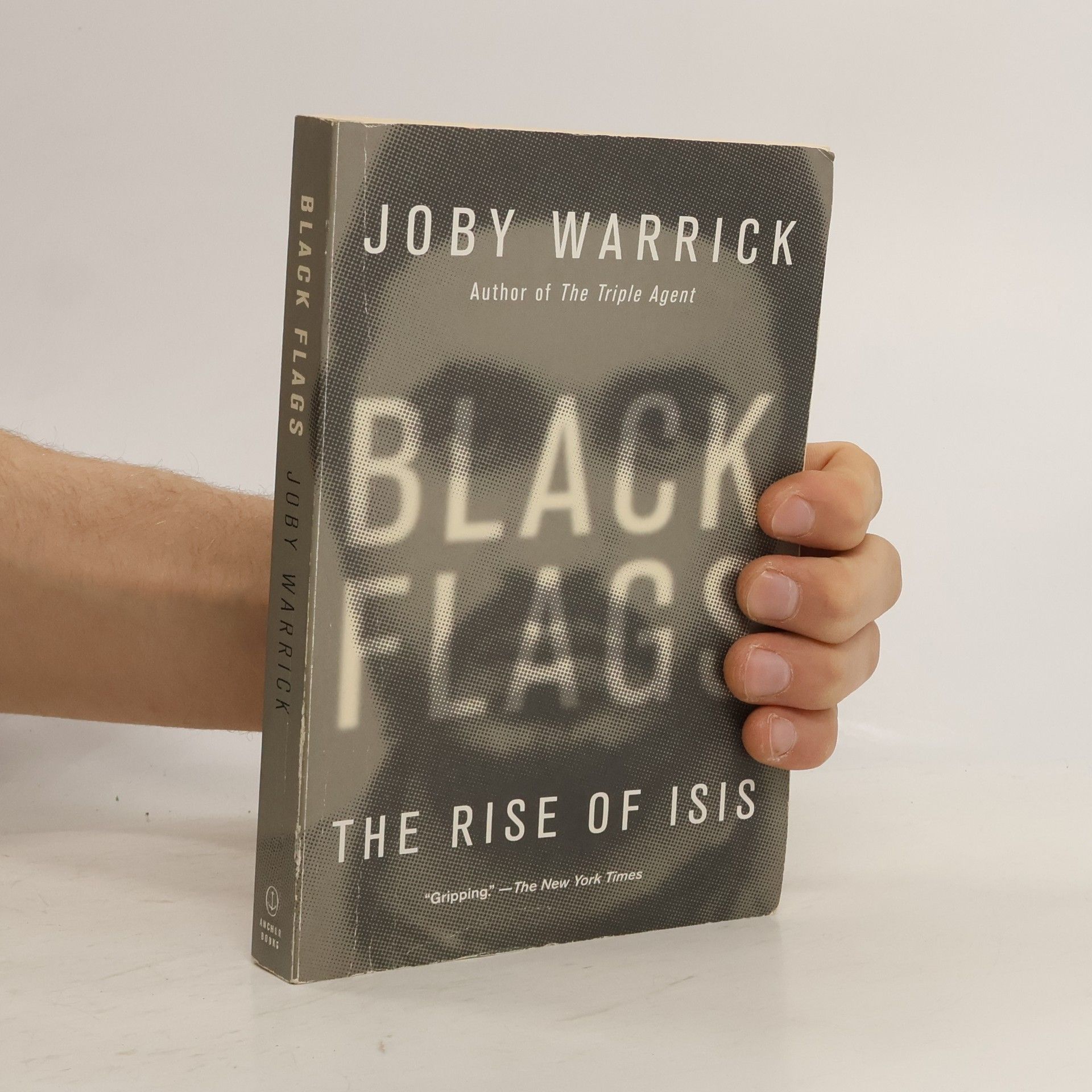Vzestup Islámského státu: Pod černou vlajkou teroru
- 432 stránek
- 16 hodin čtení
Je Islámský stát nepochopená, anebo spíš nepochopitelná organizace? A je to jen parta hrdlořezů? Akty tohoto nejvýraznějšího nestátního ozbrojeného aktéra současnosti jsou nepřehlédnutelné – a jak by také mohly být, když kromě boje se skutečnými zbraněmi se jim daří úspěšně útočit i na mediální sféru a podmaňovat si internet. Přestože jsou však zmínky o bojovnících tzv. Islámského státu téměř všudypřítomné, co o nich vlastně víme a co víme o vzniku skupiny samotné? Islám, Střední východ, sunnité, ší’ité, sektářské násilí. Pro laika jistě věcí nesnadné k pochopení, tato kniha pro něj však může být zdatným průvodcem. Na pomezí žurnalistiky a beletrie totiž přináší čtivé vyprávění, díky němuž se pro vás z exoticky znějících jmen stanou důvěrně známé postavy, jejichž životní osudy velice srozumitelně propojí komplexní pavučinu událostí. Islámský stát „for Dummies“. Základní literatura pro všechny, kteří chtějí vědět, kdo, kdy, kde, proč a jak.






